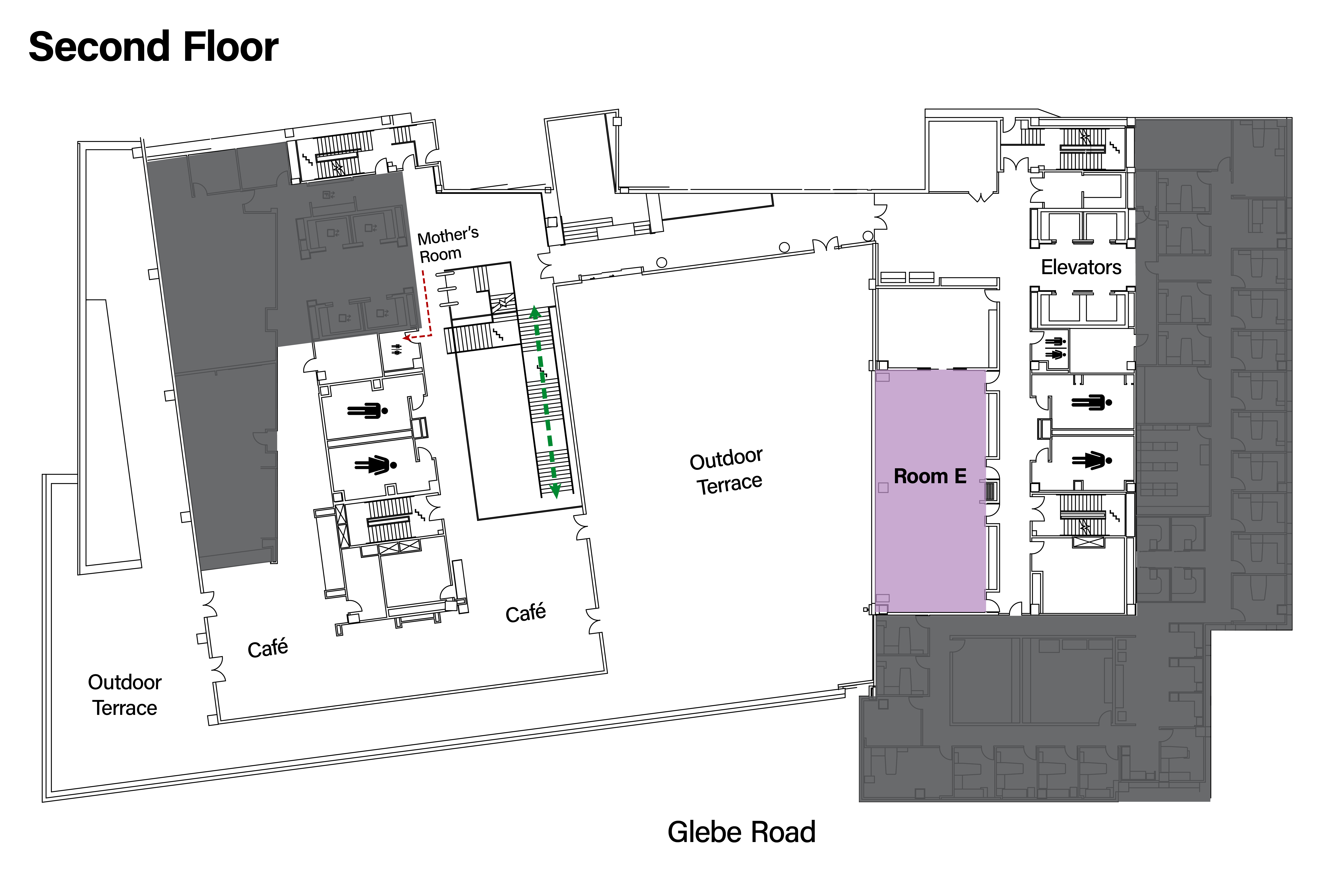DATAWorks 2023 Agenda Day 1
April 25th Agenda
Audience Legend
1
Everyone.These talks should be accessible to everyone regardless technical background.
2
Practitioners.These talks might include case studies with some discussion of methods and coding, but largely accessible to a non-technical audience.
3
Technical Experts.These talks will likely delve into technical details of methods and analytical computations and are primarily aimed at practitioners advancing the state of the art.
7:30 AM – 8:45 AM | ||||||||||||||||||||||||||||||||||||||
Check-in 9:00 AM – 12:00 PM: Parallel Sessions Room A 
|
Room B 
|
Short Course 2, Part 1
() () Room C
|
Room E
|
12:00 PM – 1:00 PM
|
Lunch 1:00 PM – 4:00 PM: Parallel Sessions Room A 
|
Room B 
|
Short Course 2, Part 2
() () Room C
|
Room E
|
| |||||||||||||||||||||||||||||

